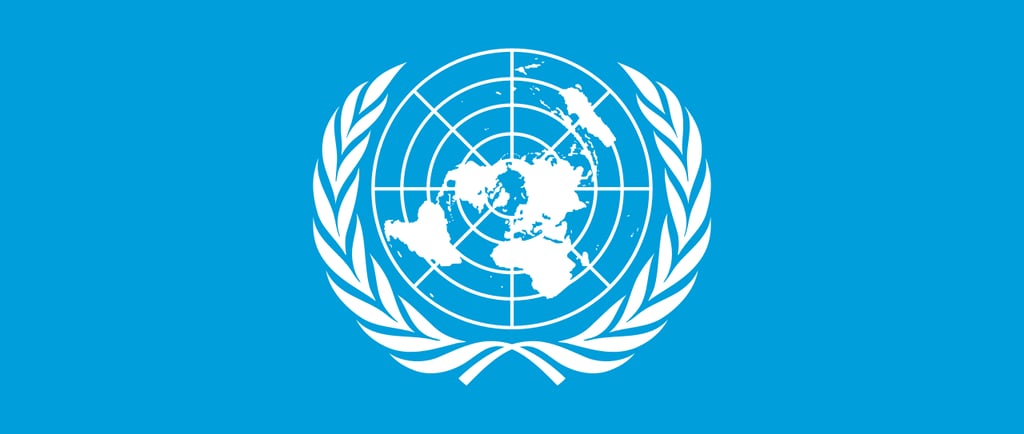UN General Assembly Adopts Groundbreaking AI Resolution: A Global Blueprint for Ethical AI Development
Discover how the UN's historic resolution, adopted on March 14, 2024, aims to shape the future of AI with a focus on safety, human rights, and bridging the digital divide. This pivotal move by over 120 member states, led by the US, sets a global framework for the ethical development and deployment of Artificial Intelligence.
Faheem Hassan
3/22/20242 min read


United Nations Adopts Historic Resolution on Artificial Intelligence: A Step Towards Global AI Governance
In a landmark move on March 14, 2024, the United Nations General Assembly adopted the first-ever international resolution on Artificial Intelligence (AI), marking a pivotal moment in the global approach to AI governance. Spearheaded by the United States and co-sponsored by over 120 member states, this resolution aims to establish a comprehensive framework for the safe, secure, and ethical development and deployment of AI technologies worldwide.
Ensuring AI Safety and Respect for Human Rights
At the heart of the resolution is a commitment to developing AI technologies that are "safe, secure, and trustworthy." This focus underscores the importance of ensuring that AI systems respect human rights throughout their entire lifecycle, from the initial design phase to their deployment in the real world. The resolution calls for a concerted effort to prevent the creation and use of AI systems that could violate human rights or be operated in ways that are incompatible with these fundamental principles.
Bridging the Global Digital Divide
A significant aspect of the resolution is its recognition of the existing digital divide between developed and developing countries in terms of AI development and access. The resolution emphasizes the need to close this gap, advocating for inclusive efforts that ensure all nations, regardless of their economic status, can participate in the AI revolution. It highlights the potential benefits of AI in critical areas such as healthcare, agriculture, and education, particularly for developing countries, and calls for international collaboration to make these benefits accessible to all.
Promoting Monitoring and Transparency in AI Systems
The resolution also addresses the crucial need for ongoing monitoring and transparency of AI systems. This is to ensure that they function as intended and do not pose unforeseen risks to society. By highlighting the importance of vigilance in the oversight of AI technologies, the resolution aims to foster a global environment where AI can be developed and used responsibly and ethically.
The Path Forward
The adoption of this resolution by the United Nations General Assembly represents a significant step forward in the journey towards effective international cooperation on AI governance. It sets the stage for future discussions and collaborations aimed at maximizing the positive impacts of AI on society while minimizing its risks. As the global community continues to navigate the complexities of AI development and its implications for humanity, this resolution serves as a foundational document that will guide the safe, secure, and ethical advancement of AI technologies across the world.
In conclusion, the UN's historic resolution on AI is not just about establishing norms and guidelines for AI development; it's about shaping a future where technology serves humanity, respects our rights, and bridges the gap between the digital haves and have-nots. As we move forward, the principles laid out in this resolution will undoubtedly play a crucial role in steering the global AI agenda towards a more inclusive, equitable, and human-centered direction.
